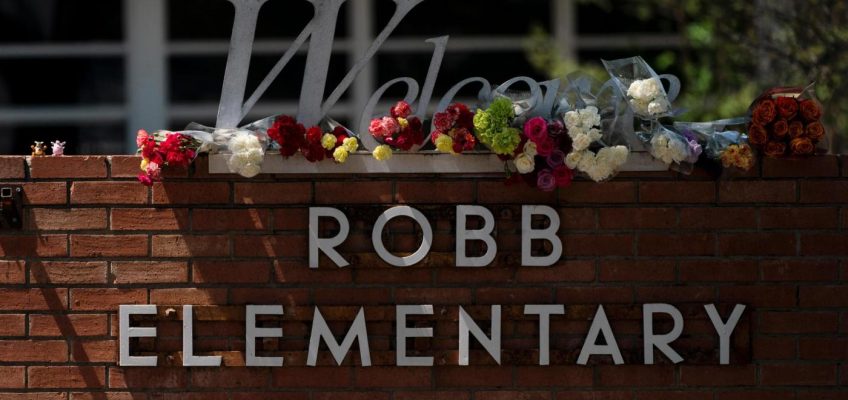MOORHEAD, Minn. — Leaders from the White Earth Nation unveiled a proposal to build a casino, resort and convention center on 280 acres of land east of Moorhead in Clay County.
During the Clay County Board of Commissioners meeting Tuesday, representatives from the White Earth Band of the Minnesota Chippewa Tribe discussed ideas for a resort-casino complex near the intersection of Interstate 94 and Highway 336. The tribe purchased the land late last year.
White Earth Tribal Chairman Michael Fairbanks said the tribal nation always strives for transparency with its business projects on and off the White Earth reservation, acknowledging the need for surrounding communities to support the proposed project.
“We know that we have to work and that we have to, you know, get the support from the community,” he said.
The White Earth Nation is seeking a letter of support from Clay County for its land trust application. Designating the land as trust land would give the federal government the title to the land, holding it for the benefit of the tribe or tribal members, according to the Bureau of Indian Affairs. In turn, that would allow the tribe to build a casino on the site, away from reservation land.
Designating the property as trust land exempts the land from taxes. At present, the White Earth Nation pays $14,000 per year in property taxes on the land, according to White Earth Nation Land Acquisition Manager Jake Syverson.
The Clay County Board did not take action on the request Tuesday.
Nate Mathews, executive director of the White Earth Nation Tribal Utility Commission, unveiled a high-level overview of the tribal nation’s vision for the land. The complex would combine gaming, lodging, dining and entertainment under one roof. The casino would have an attached hotel and convention center, plus fast food and fine dining options. The proposal also includes a truck stop and convenience center.
The complex would create 450 to 550 jobs, with a minimum wage of $19 per hour, Mathews said.
“This is what really gets us excited as a tribe, when we look at investing to lift our members, but (also) the region and our economy around us,” he said.
Commissioner David Ebinger noted that the property borders an aquifer, and asked about plans to preserve it as it gains sewer and water service and builds a truck stop.
“I think it’s important right up front that we be clear that that aquifer is a primary object that we want to preserve,” he said.
With a facility of this size, it would be difficult to provide service with a well and septic field, Mathews said, instead suggesting there should be water and sewer lines to the area from nearby Moorhead.
Commissioner Jenny Mongeau said the convention center would be an economic draw to Clay County. City and business leaders in Fargo are also discussing a new convention center.
“For once, we’re having a discussion that maybe trumps conversations on the North Dakota side about convention space, and how great that we have something over here proposed,” she said.
The board also heard comments from members of the public on the proposal. Six people spoke about the proposal, sharing concerns with the aquifer, the land not being taxed, potential strain on local law enforcement and social services, and its effect on charitable gaming.
Glyndon Township Supervisor John Winter called on the White Earth Nation to conduct an environmental study and an economic impact study for the project. He also called for a study of how crime rates have changed in Mahnomen County since the White Earth Nation opened its Shooting Star Casino in Mahnomen.
“I know you want to develop in our economy, but we do have some concerns, and hopefully we can come up with a resolution,” he said.
The White Earth Nation plans to bring its proposal to the Moorhead and Dilworth city councils on April 28.
The proposed casino is not the White Earth Nation’s only business venture in the area. The tribe has plans to open an adult-use cannabis dispensary in the former JL Beers building in Moorhead, 2902 Highway 10.
While the dispensary was expected to open in March, it has still not opened, White Earth Nation marketing communications director Romyn Hanks confirmed. He was unsure of an opening date for the business.
First ‘saltie’ arrives in Duluth-Superior port as shipping season begins
Walz to deliver State of the State address on Wednesday night
MN state employee arrested for Tesla vandalism will not be charged
Ex-Minnesota state senator pleads not guilty to attempted enticement of a minor
US Supreme Court won’t revive a Minnesota ban on gun-carry permits for young adults



